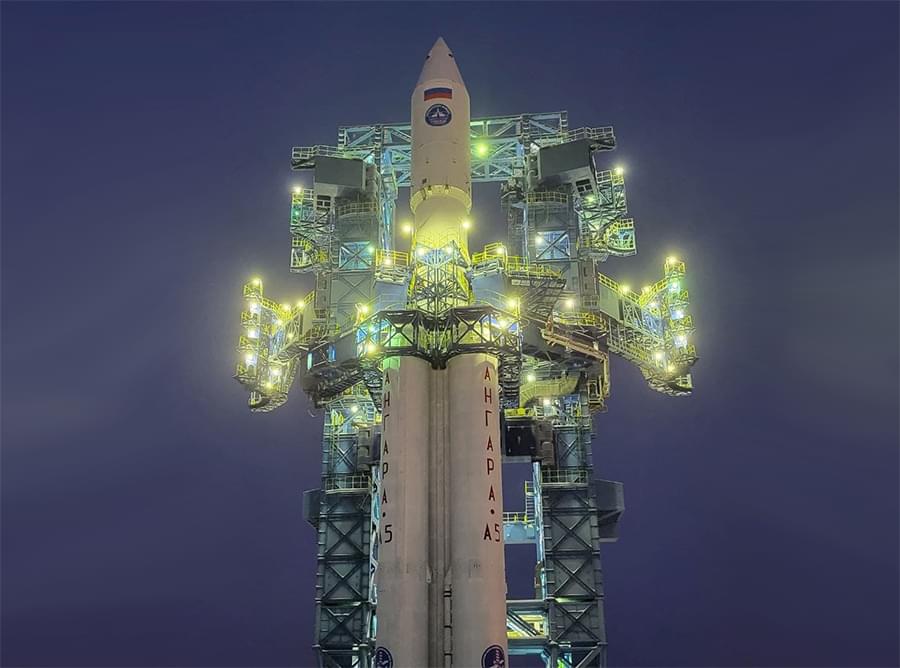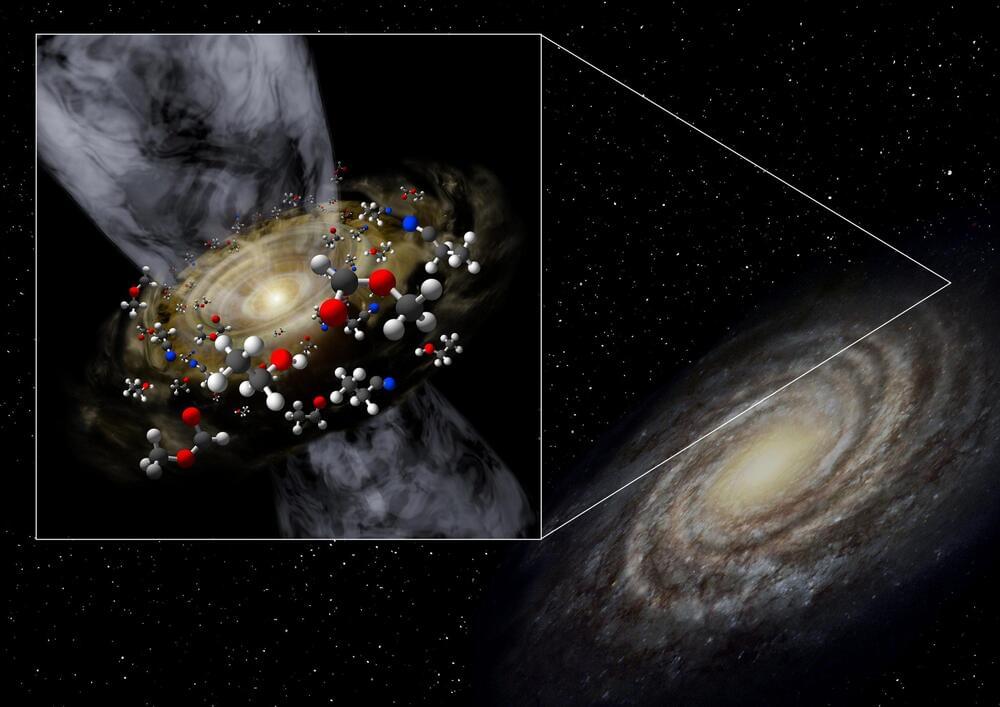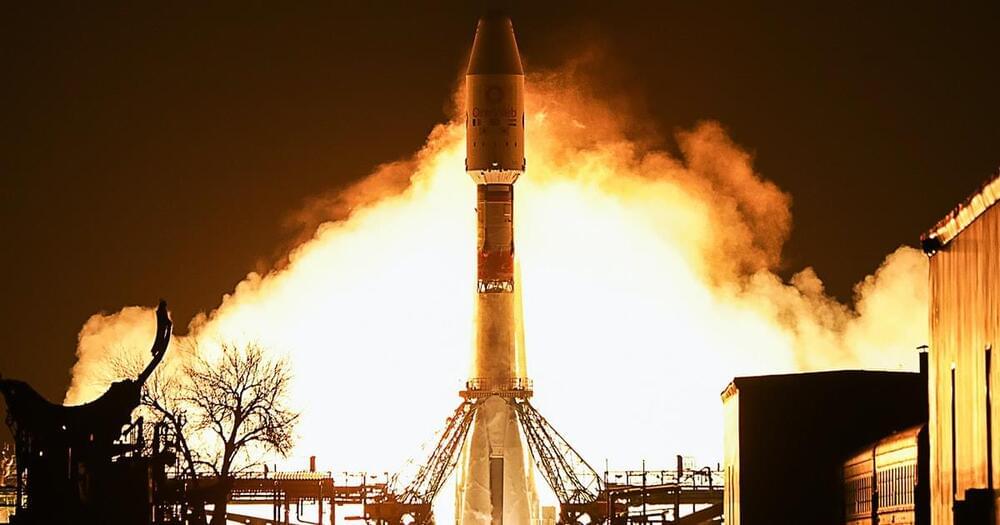
An updated forecast released today suggests that an out-of-control Russian tumbling back towards Earth could strike on Wednesday afternoon. In an updated forecast shared by Joseph Remis on satflare.com and Twitter, it shows the rocket re-entering around 12:44pm ET on Wednesday, January 5. Because the rocket is uncontrolled and could shift around erratically as it enters the Earth’s atmosphere, impact could occur +/- 7 hours of that estimated strike time. Returning to Earth in an out-of-control manner is the Persei upper stage rocket which carried a dummy payload into space as part of Russia’s Angara A5 rocket test.
On December 27, the Russian Angara A5 rocket lifted off from the Plesetsk Cosmodrome. Named after a river in Siberia, the Angara rocket is the first heavy-lift launch vehicle used by the Russians in decades. The December 27 launch was the third test flight of the giant rocket. While the launch was flawless, an upper-stage rocket failed to successfully fire.
While the Angara’s first two stages fired as planned, the third stage, a Persei rocket, failed to fire a second time. While the first fire helped put the dummy payload it was carrying into low-Earth orbit, the failure of the second fire failed to put the dummy payload into a geostationary orbit. Instead, the 20 ton mass is tumbling out of control to Earth. While Roscosmos shared pictures and a congratulations message before and immediately after the Angara launch, they’ve offered no comment on the Persei rocket and the failure for it to fire, deferring instead to the Russian military which was responsible for the launch. As of press time, the Russian military has offered no comment on this rocket.


















